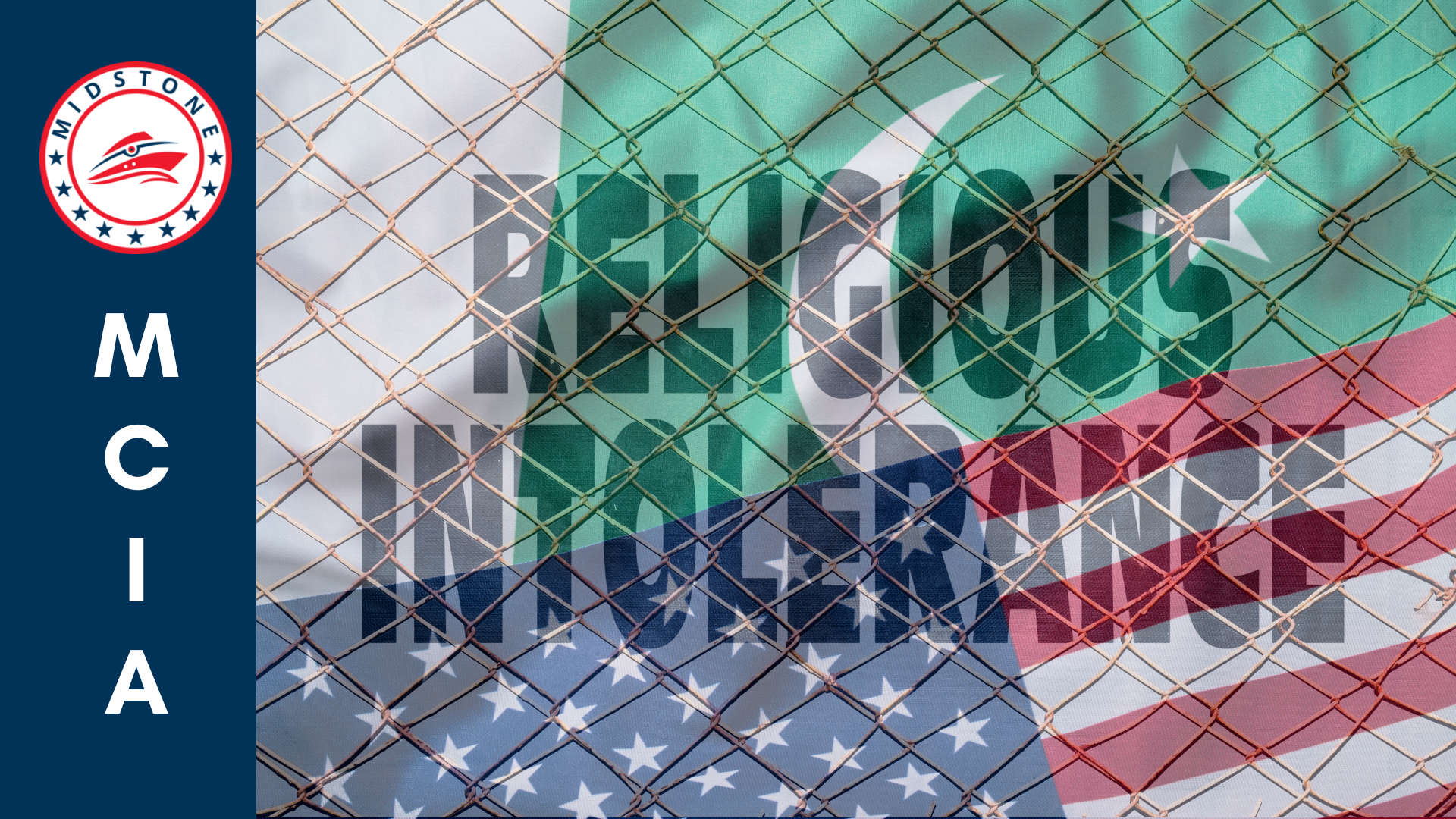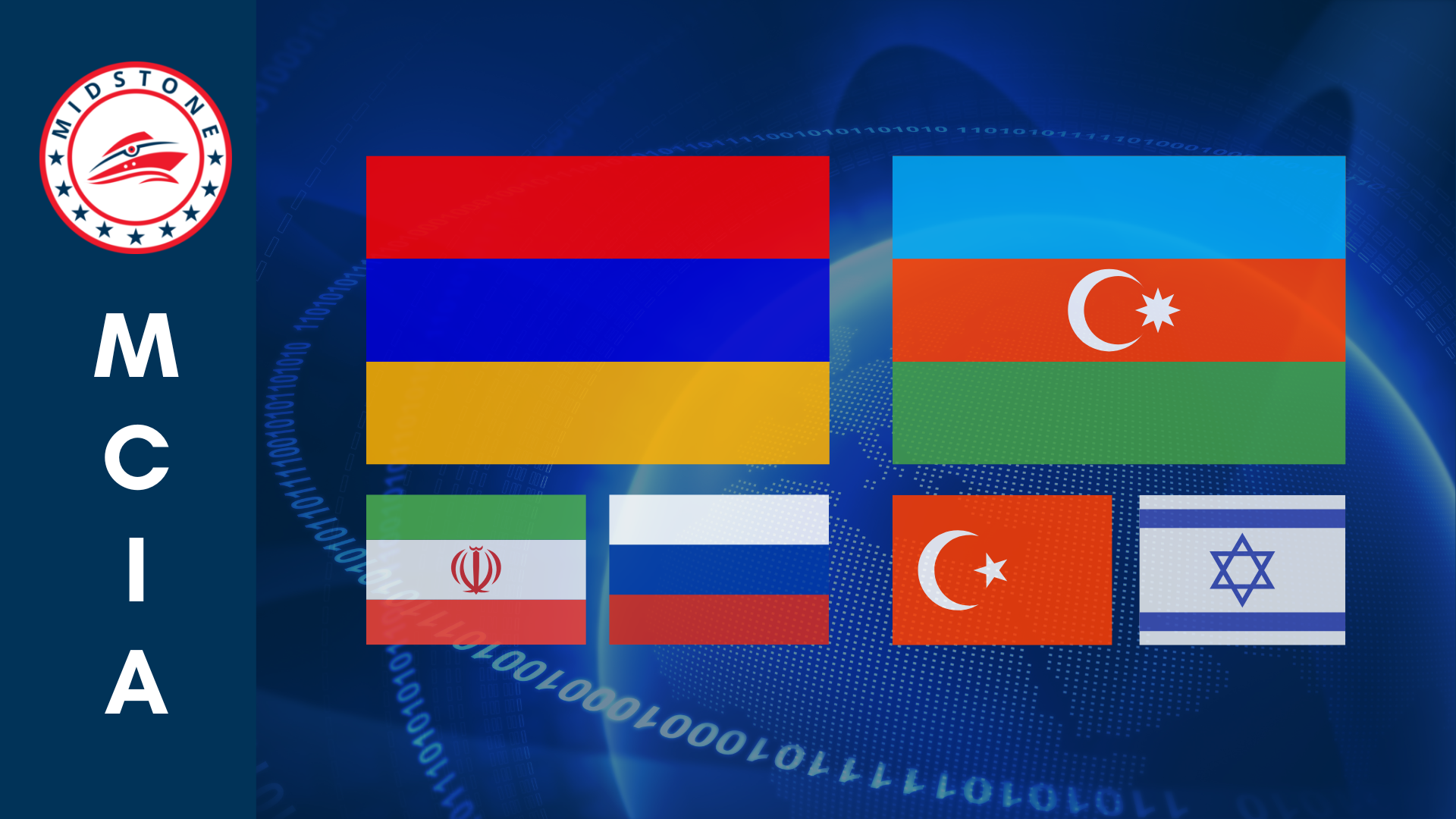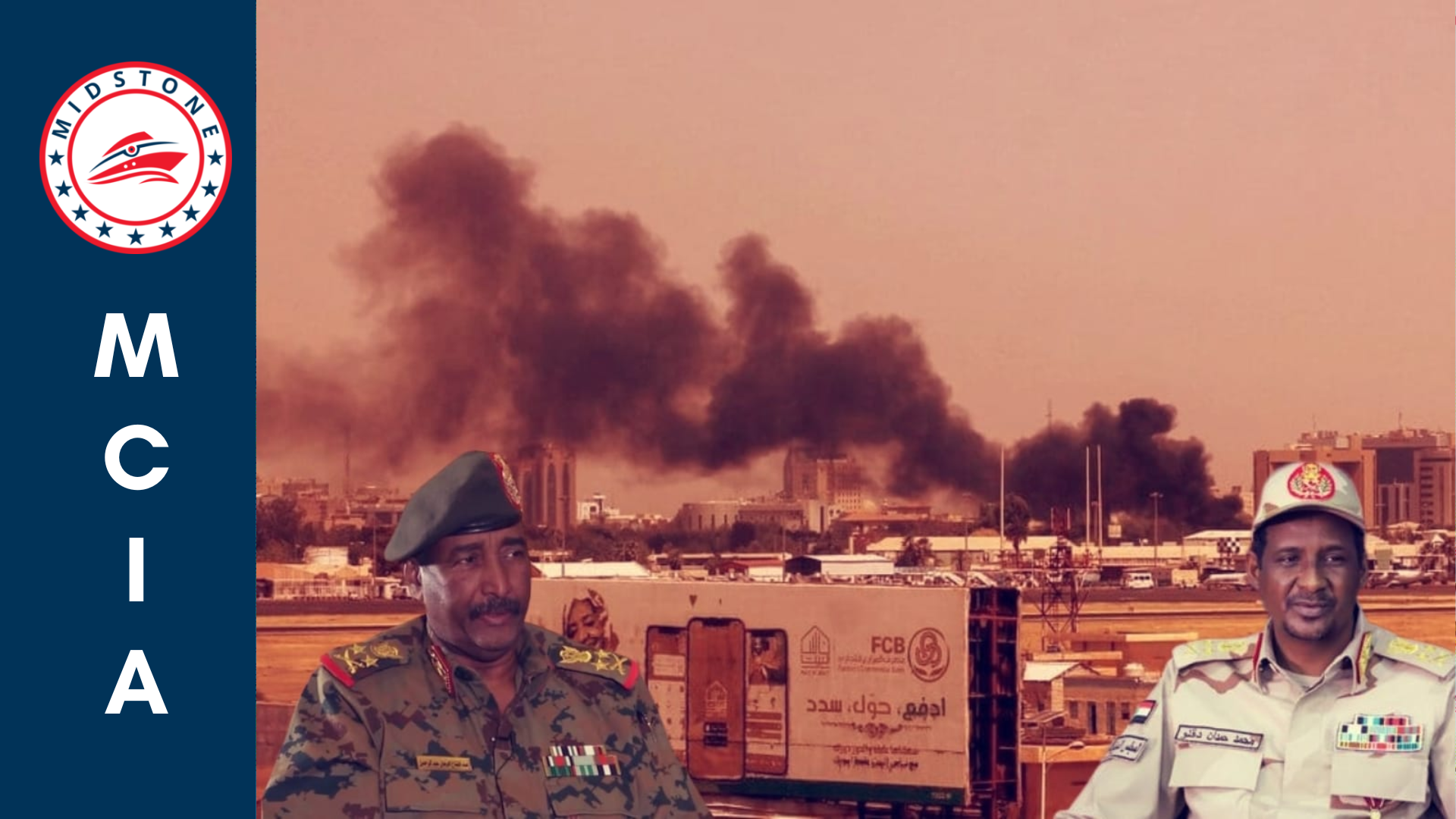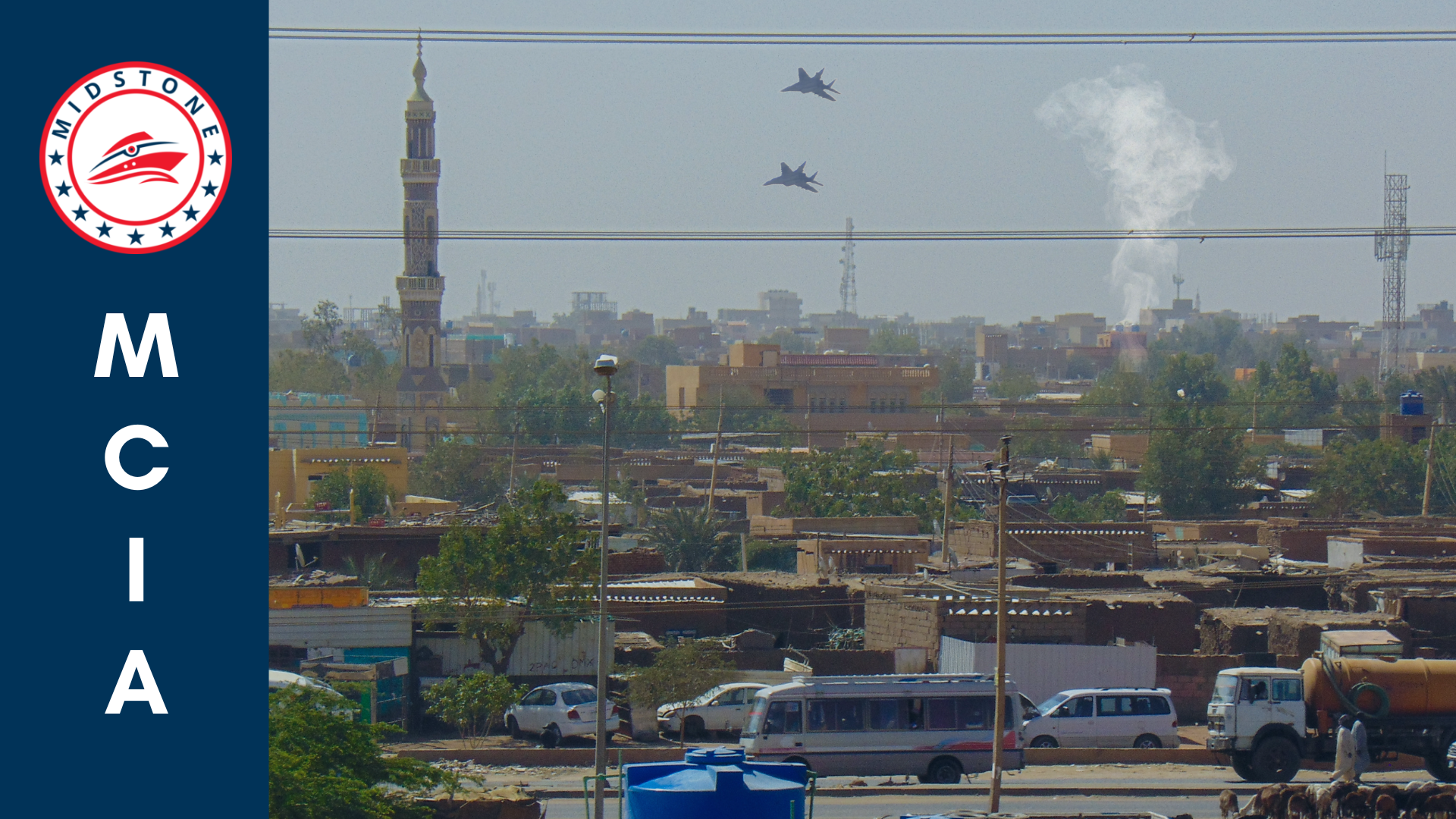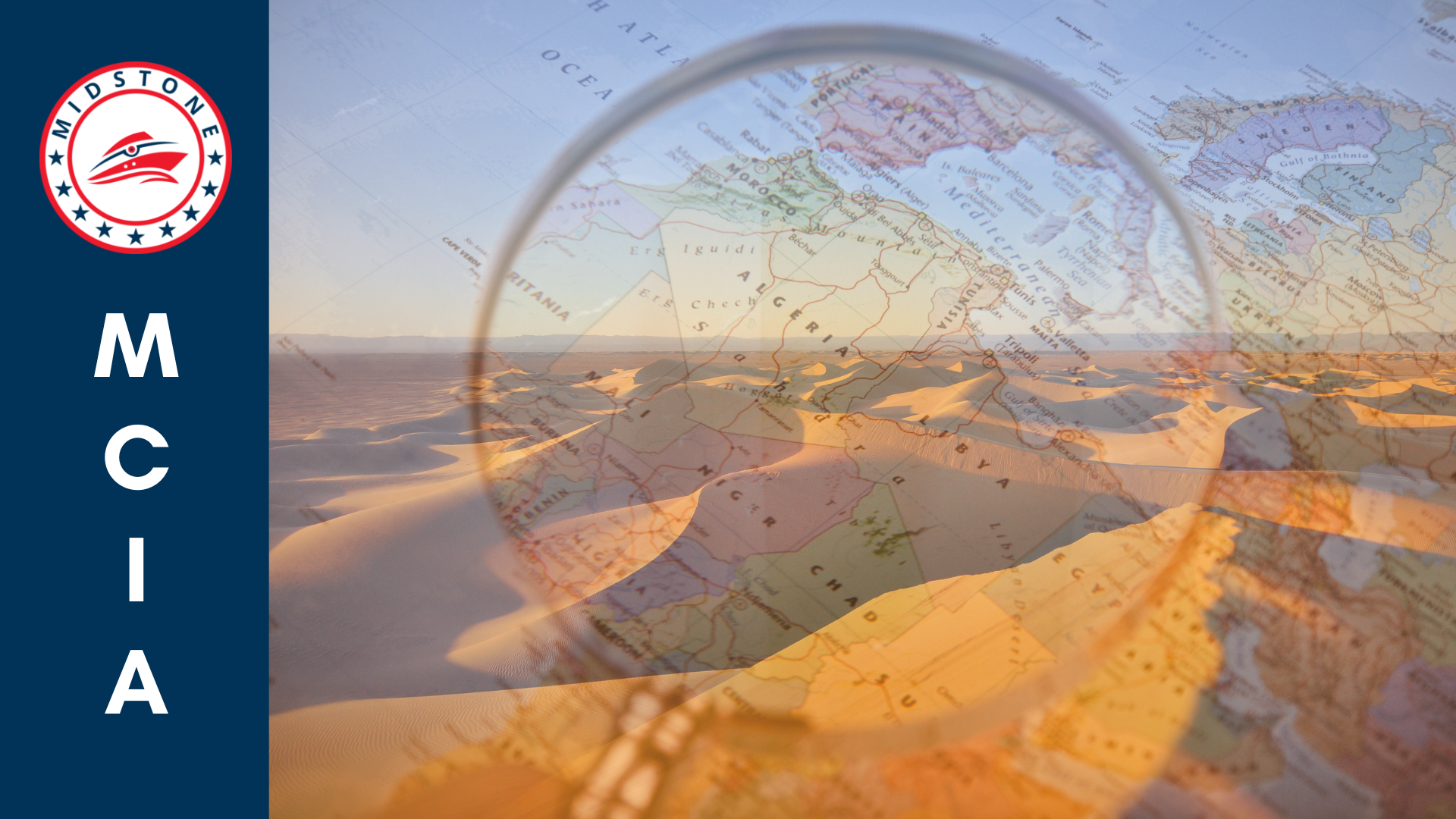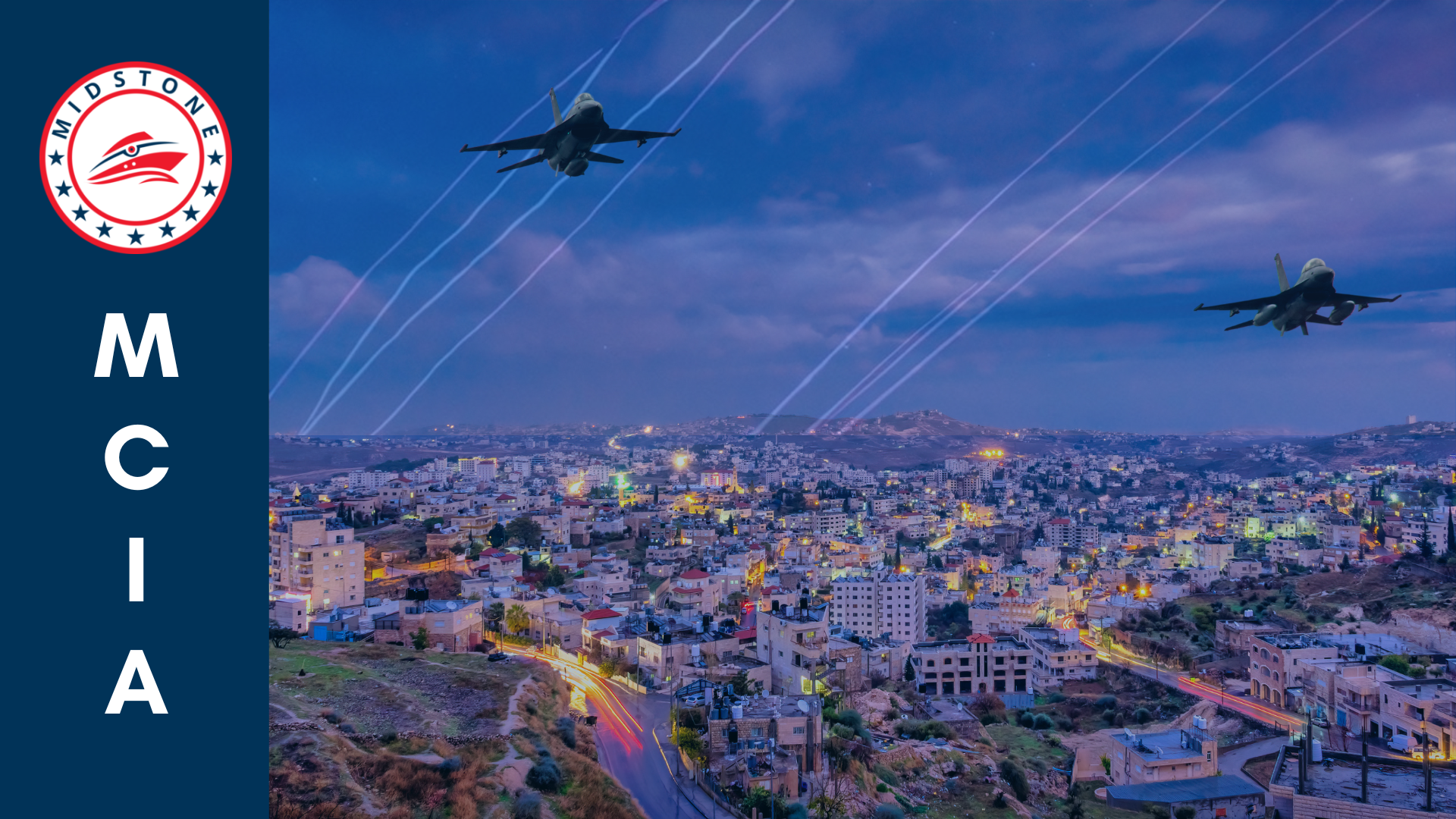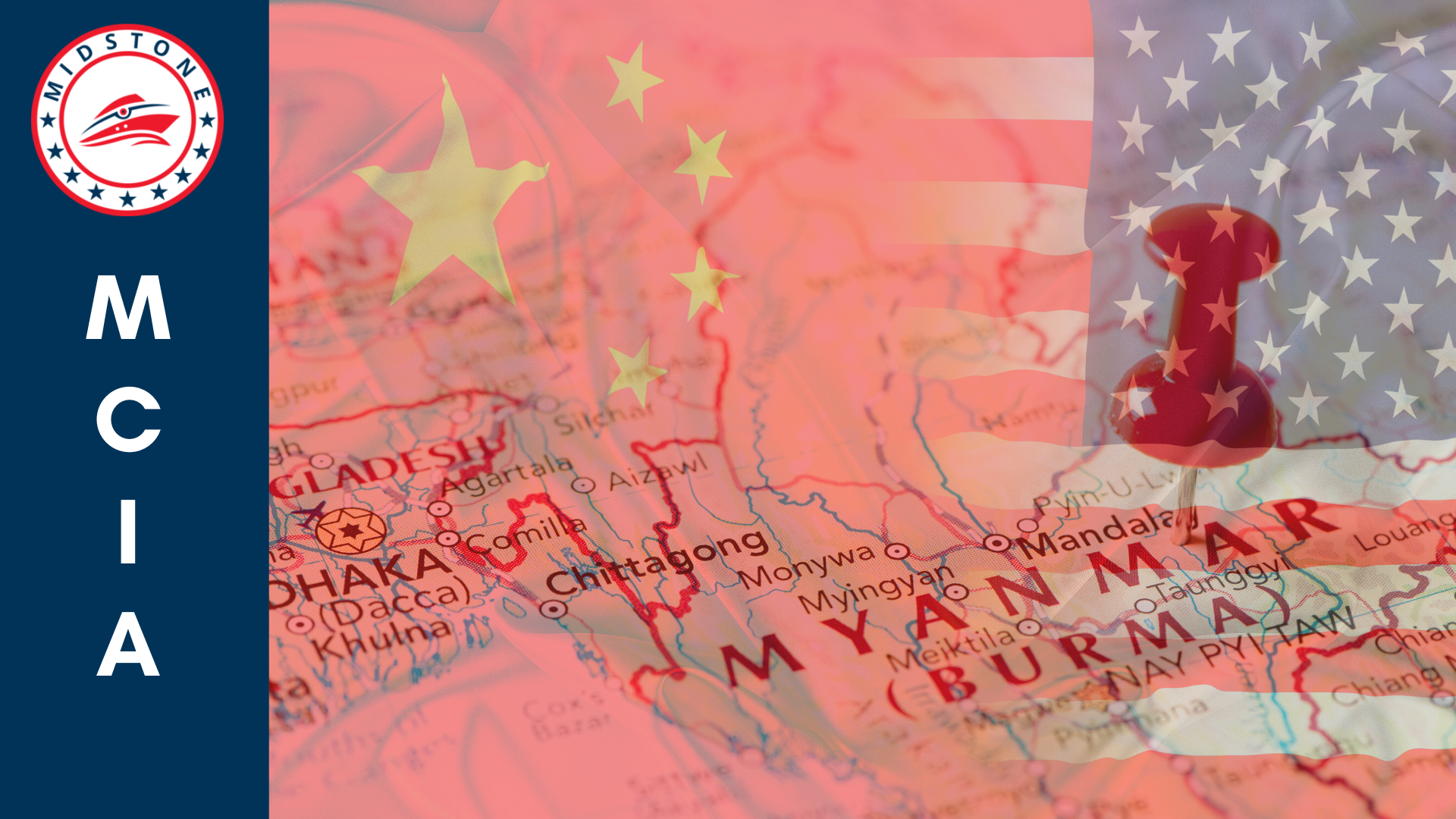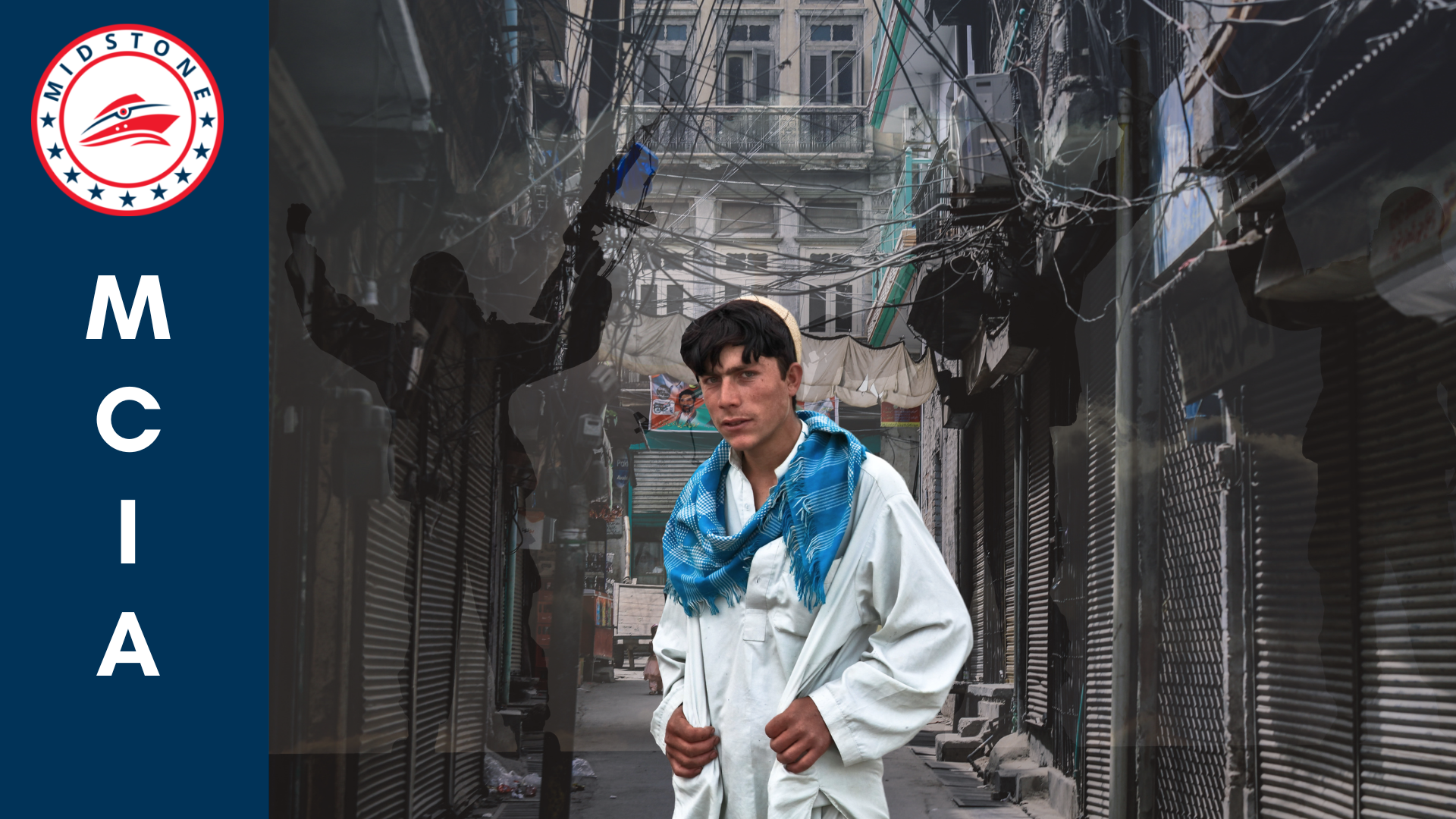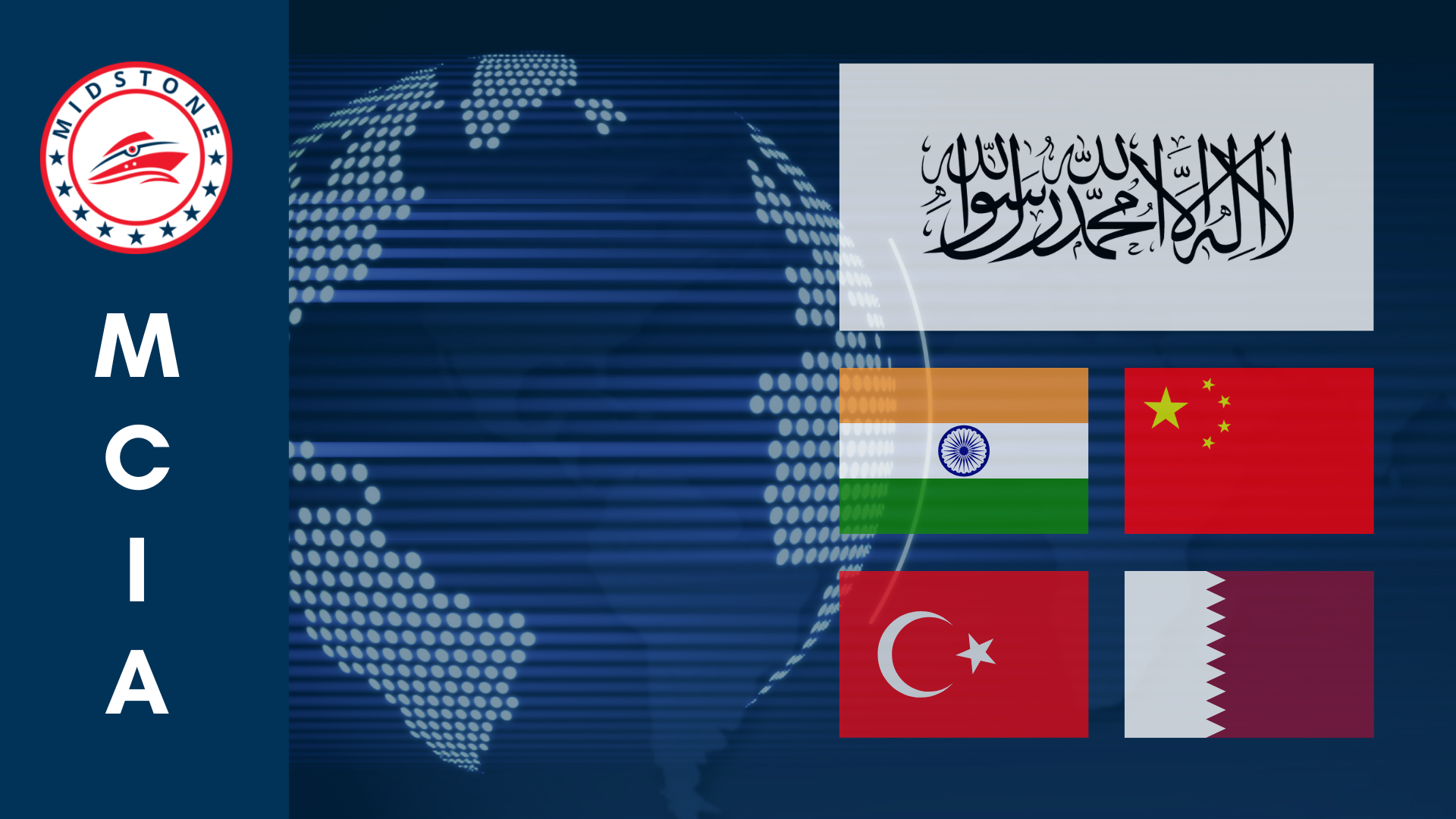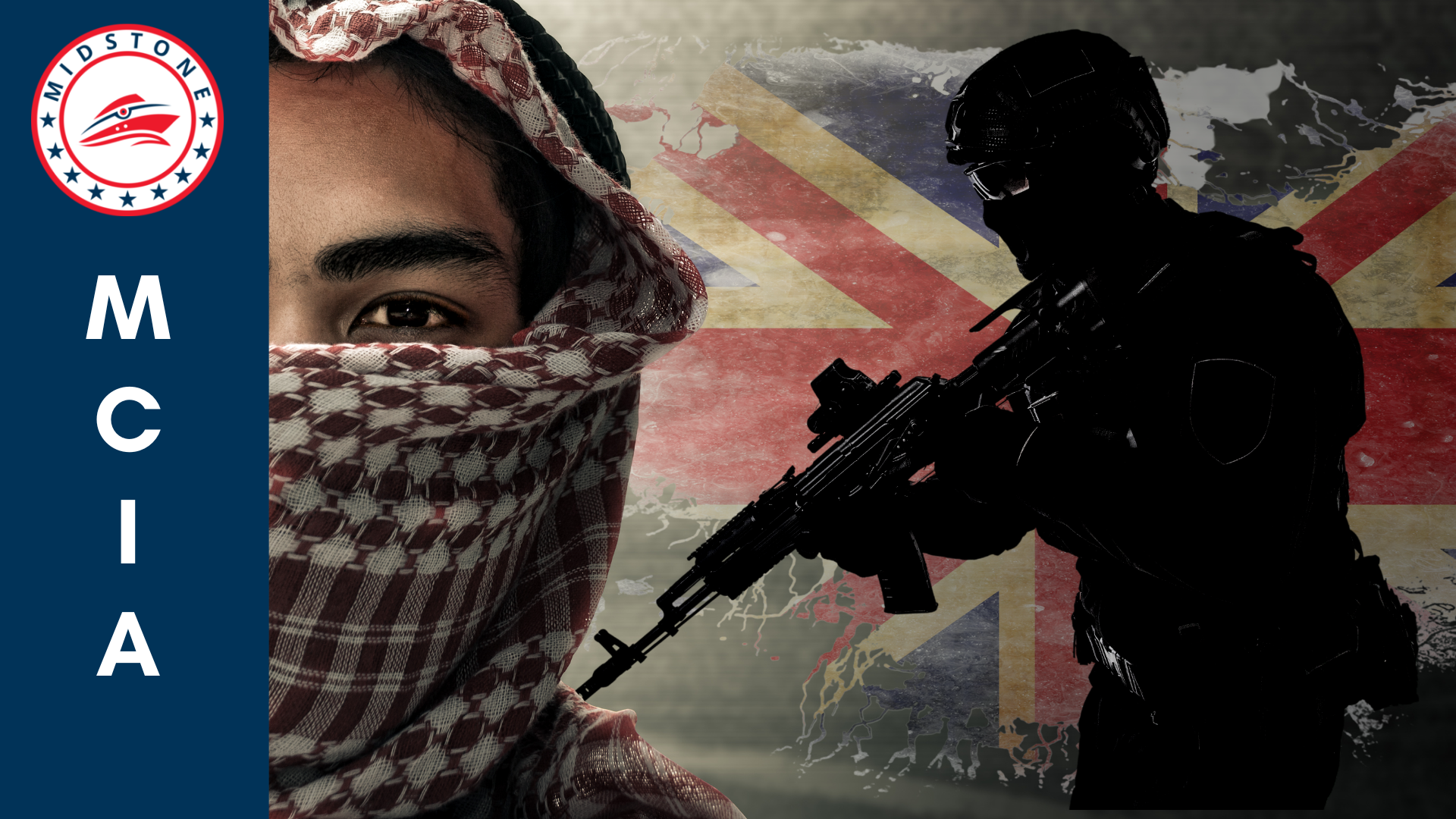The reaction from the Foreign Office of Pakistan on May 25th to the US State Department Report on International Religious Freedom has proven to be interesting.
In this article, we explore the Nagorno-Karabakh conflict, a regional power struggle involving Armenia, Azerbaijan, and major powers like Iran, Israel, Turkey, Russia, and the United States. We examine the complex strategic interests, alliances, and rivalries that shape this ongoing dispute and its far-reaching implications.
April 15th, 2023, was the date of an event that was shocking but sadly not surprising. Gunfire erupted between two factions of the Sudanese military: the Army and the Rapid Support Forces (RSF). So, how did we get here?
An intriguing situation is currently unfolding in North Africa, where all the focus is on everything except one unnoticed critical factor. Earlier this year, Tunisia made a noteworthy decision to crack down on illegal immigration, which primarily impacted migrants from Sub-Saharan Africa. However, the response of the general…
In a concerning escalation of tensions, the Israeli military has reported that 34 rockets were fired from Lebanon towards Israel, with at least four landing in Israeli territory. While the latest exchange of fire follows violent clashes between Israeli police and Palestinians at the Al-Aqsa mosque compound in Jerusalem, it is the assessment of Midstone Centre that the instigation of tension in the region has been in the plans of the Iranian regime and its proxies for some time.
It’s no secret that one of the major flashpoints between Washington and Beijing is the current status of Taiwan and the potential conflict that may break out. Many thousands of km away from the contested island, the conflict in Ukraine is impacting strategies that involve the defence of the island.
The fall of Kabul was an eye-opener, imprinted for decades to come on the minds of the Afghan youth, as well as all of Afghanistan's pro-democratic forces; a democratic state turned into a theocratic regime governed by a few Taliban heads over a matter of days.
When the Taliban took power in Kabul in August 2021, many countries in the world expressed grave concern for the citizens of Afghanistan whose fate was sealed under the rule of a terrorist organization. About sixty countries published a joint statement expressing responsibility for human life, and their property, and restoring the Afghan people's sense of security. After about two decades of the Taliban fighting as an opposition to the Afghan government, which enjoyed the support of NATO and the United States, the organization returned to control the poor country and the war-torn country in South Central Asia.
The UK's counter-extremism programme has spectacularly failed repeatedly to identify attackers while downplaying the role of Islamist ideology, a highly critical review has concluded.

